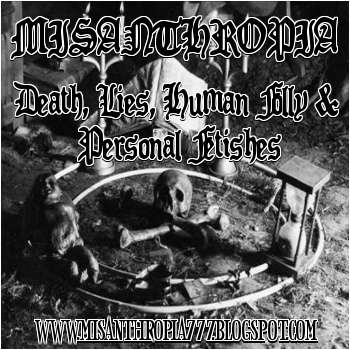
16th Century chapel decorated with bones, skulls, and entire bodies hanging from the wall
The Chapel is part of the larger Royal Church of St. Francis and was constructed by Franciscan monks in the late 16th century.
The history of the Chapel is a familiar tale. By the 16th century there were as many as 43 cemeteries in and around Evora that were taking up valuable land. Not wanting to condemn the souls of the people buried there, the monks decided to build the Chapel and relocate the bones.
However, rather than interring the bones behind closed doors, the monks, who were concerned about society's values at the time, thought it best to put them on display. They thought this would provide Evora, a town noted for its wealth in the early 1600s, with a helpful place to meditate on the transience of material things in the undeniable presence of death. This is made clear by the thought provoking message above the chapel door; "Nós ossos que aqui estamos, pelos vossos esperamos," which translates to "We bones that are here, for your bones we wait."
The immediate view as you enter gives you some idea of the scale of the Chapel and the sheer amount of bodies that are interred here; some 5000 corpses. Included, in a small white coffin by the altar, are the bones of the three Franciscan monks who founded the church in the 13th century. Also included are two desiccated corpses hanging by chains from the wall next to a cross. One is that of a child.
The purpose of this chapel is made clear by a poem, written by Father Antonio da Ascencao, that hangs from one of the pillars of the Chapel:
Where are you going in such a hurry traveller?
Pause … do not advance your travel;
You have no greater concern,
Than this one: that on which you focus your sight.
Recall how many have passed from this world,
Reflect on your similar end,
There is good reason to reflect
If only all did the same.
Ponder, you so influenced by fate,
Among all the many concerns of the world,
So little do you reflect on death;
If by chance you glance at this place,
Stop … for the sake of your journey,
The more you pause, the further on your journey you will be.
(translated by Rev. Carlos A. Martins)
However, should all the death cause you to despair, at the end of the church above the alter reads the Latin phrases "I die in the light," and "The day that I die is better than the day that I was born."














 "He who can, does. He who cannot, teaches."
"He who can, does. He who cannot, teaches."



 "Being is substance and life; life manifests by movement; movement is perpetuated by equilibrium; equilibrium is therefore the law of immortality.
"Being is substance and life; life manifests by movement; movement is perpetuated by equilibrium; equilibrium is therefore the law of immortality.


 "The doctrine of equality!... But there exists no more poisonous poison: for it seems to be preached by justice itself, while it is the end of justice.... "Equality for equals, inequality for unequals" that would be the true voice of justice: and, what follows from it, "Never make equal what is unequal."
"The doctrine of equality!... But there exists no more poisonous poison: for it seems to be preached by justice itself, while it is the end of justice.... "Equality for equals, inequality for unequals" that would be the true voice of justice: and, what follows from it, "Never make equal what is unequal."



No comments:
Post a Comment
Note: Only a member of this blog may post a comment.